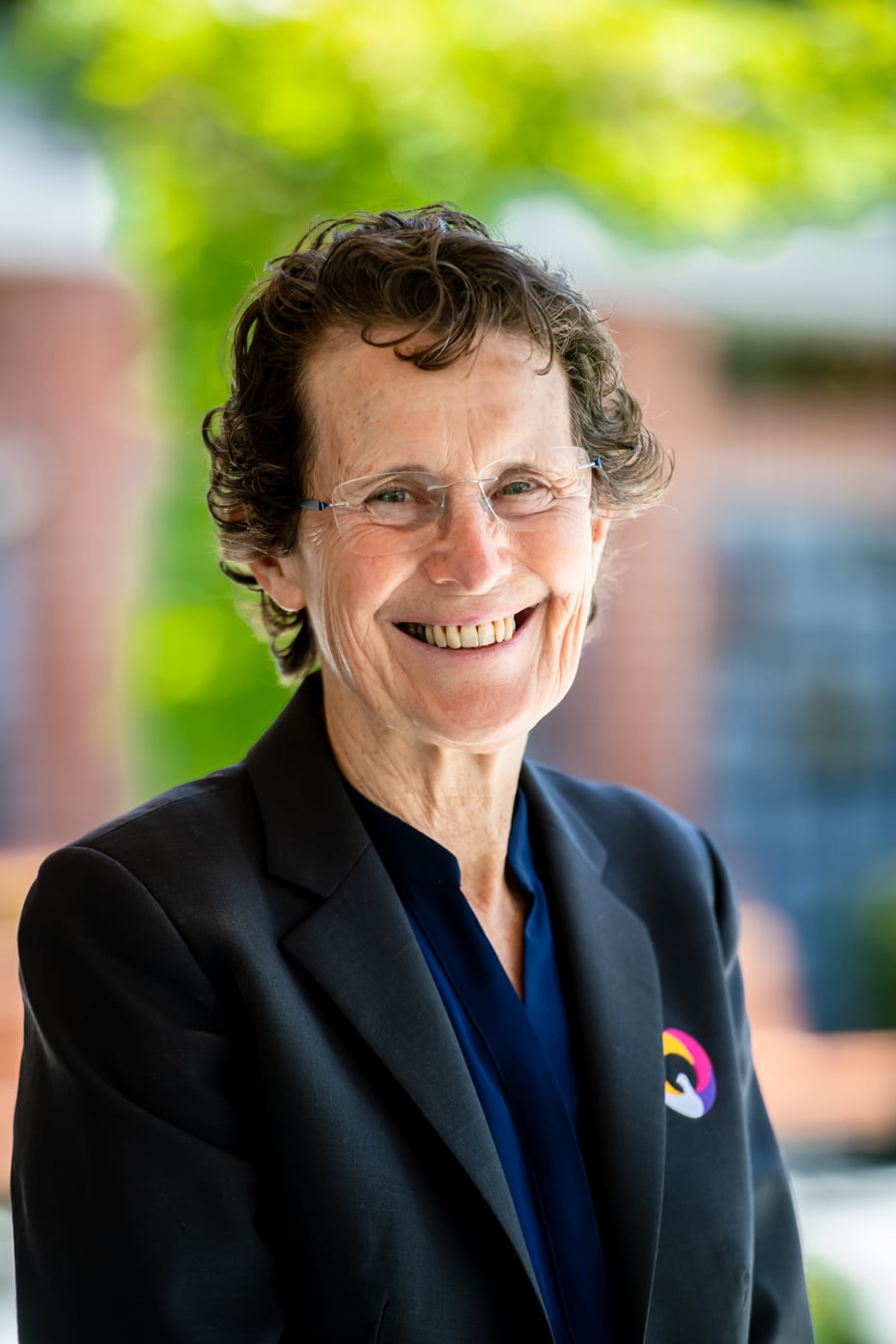
For ten years, Catholic Cemeteries + Crematoria has been at the forefront of providing pioneering and supportive grief care to the community and Patricia Thomas has been its most passionate and vocal advocate for those experiencing grief, bereavement, loss and trauma.
Grief is a consuming emotion that can rob us of happiness, hope and patience. Patricia explains that it is not just a response to “losing someone to death, it may be nursing someone with a terminal illness, a lost relationship or job.” This is why the name was changed from Bereavement Support to the more holistic Grief Care.
Catholic Cemeteries + Crematoria (CCC) has seen exponential growth in demand, growing from a staff of just one to a large multi-disciplinary team who are available from 8am-8pm. The team contact families who have had a funeral with CCC to assist those in need and offer support. They are contacted on key anniversaries, but help is available at any time as care is perpetual.
Grief Care have evolved with those who need accompaniment with their grief. There are many myths and misconceptions about grief and family support can drop away after a few months. The team can direct clients to specialised groups such as Heartfelt and the Road Trauma Support when required.
They can attend monthly masses, annual commemorative events and support sessions held at the cemeteries. CCC is also the proud guardian of therapy dog Freda Jesus, who joyfully provides those grieving with home visitations, along with those in aged or palliative care.
Grief is a deeply personal experience and can often feel isolating. The journey can be unpredictable, and we may experience emotions we have not experienced before. Patricia describes how some people see butterflies, dragonflies or have dreams about their loved ones. “This is part of the continuing bonds; it helps keep the spirit of the person alive.” They interpret this as a message that the deceased is okay.
Cemeteries can play a pivotal part in continuing the living memory. It is often said they are for the living, to continue remembering and to contemplate life. Patricia describes how the cemetery “is a living and vibrant community”, where everyone from the gardener to the receptionist can play an important part in helping those experiencing grief.
Patricia recounts how “every emotion can be expressed in a conversation from agony through to beauty. You get to hear the life stories of people.”. The experience can open people up. They are raw and real, as they share their stories both happy and sad. Often all a person is looking for is a safe space for them to share their feelings.
The team provides guidance on how to continue bonds, but the experts are those that share their grief experience. The team validate people’s experiences and offer coaching to those that need assistance. Patricia explains the importance of “listening, asking compassionate questions and trying not to fix them” People are grateful with this approach and often say “I feel so much lighter.”
The team are also champions for “invisible grievers” who are often not catered for. They include children and those who have lost loved ones to suicide. Patricia is adamant that we “grow support and break the cultural and societal norms of not acknowledging grief.” In the majority of cases, people require pastoral care not counselling.
Patricia believes a cultural revolution is underway and Grief Care are at the forefront.“We are a death-denying and grief-denying society. We need communities that are grief and trauma informed and responsive.” Unfortunately, Grief Care sees many cases where people were afraid to talk about their loss and grief experience in their own communities, workplaces and schools.
Grief Care can provide a listening ear, resources and education that will empower people, family, and communities, so they can grow. As Patricia explains “When we bring people together, this is a safe space. You bring community together and there is strength in that. Grief is part of the life experience. It is not meant to be done alone; we need to do it in community.”
Grief is the most profound experience of life there is, of self and others. It is an expression of life, love and growth. Many see grief as a diminishment, but Grief Care sees growth in people, as they evolve and see purpose once again. Patricia says as they “Embrace it and move from the loss, their world grows around them.”
Patricia shares the touching story of a man who continued the memory of his father by mowing the lawns of his neighbours. Many felt sorry for him and thought he should get over his grief, however this tribute was his way of continuing the bonds with his father. There’s no one solution that fits all when it comes to grief, you need to find one that works for you.
To ignore discussions on death does not create a culture of growth or protect us from its inevitability. Despite how differently each of us mourn and how uniquely grief can affect us all, at the heart of our grief is the presence of love and the desire to remember.




